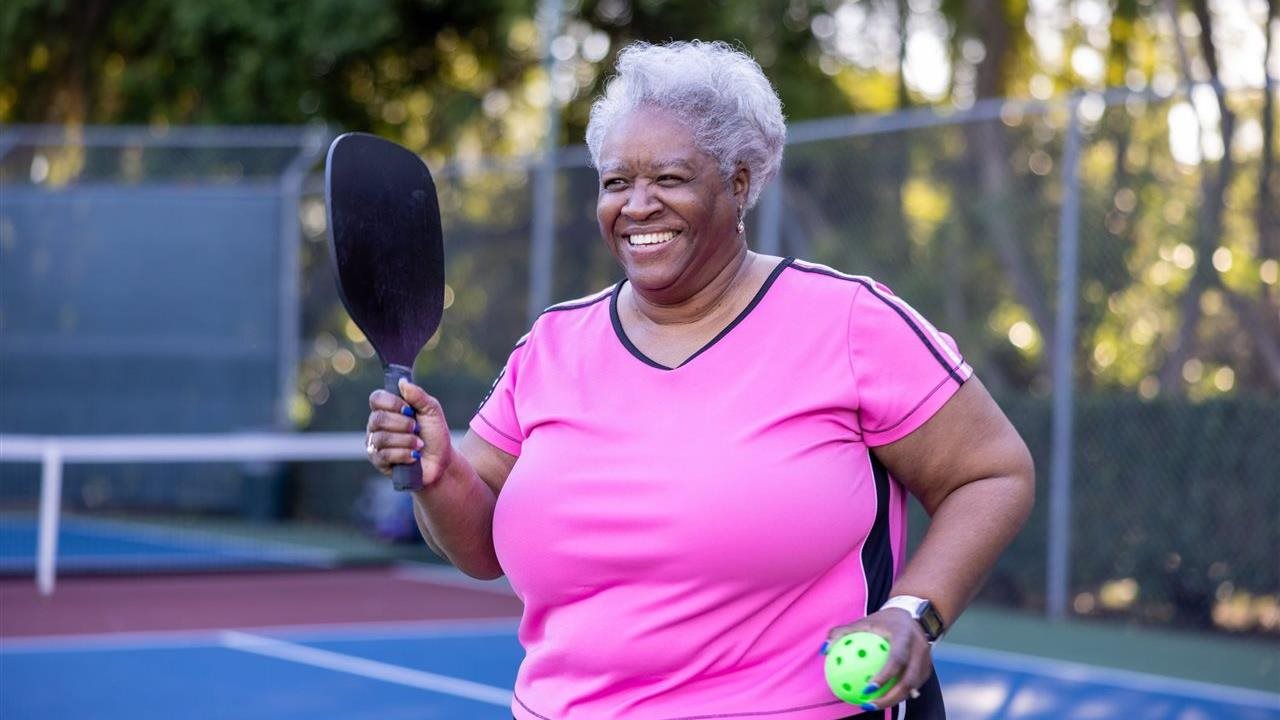Each year during the fall and winter, respiratory illnesses like flu, COVID-19 and RSV circulate, and people 65 years and older and people with underlying health conditions are at higher risk of developing serious complications if they get sick. The good news? There are now more tools than ever to help protect you and those you care for from severe respiratory illnesses.
Respiratory illnesses pose a higher risk for older adults and people living with underlying health conditions
The risk of serious outcomes from respiratory illnesses, like hospitalization or even death, increases sharply with age, particularly age 65 years or older, as the immune system weakens over time. If you're an older adult, you may be more likely to have underlying health conditions, such as heart disease, diabetes or lung disease, which can make it harder for your body to fight off infections.
However, even healthy older adults can still get very sick. Data show that during the 2023-2024 flu season, about 2.6 million adults 65 years and older got sick with flu, 1.5 million needed medical care, nearly 240,000 required hospitalization, and more than 19,000 older adults died from flu-related complications. Additionally, adults 65 and older were 10 times more likely to be hospitalized by flu, COVID-19, or RSV than adults younger than 50.
Everyday actions can help you stay healthy
There are actions you can take to help protect yourself from health risks caused by respiratory illnesses. These actions include staying up to date on vaccinations, practicing good hygiene, taking steps for cleaner air, and using precautions to prevent the spread of illness if you do get sick.
For older adults, or people with an underlying health condition, health is often top of mind — while getting vaccinated against respiratory viruses may be farther down the list. But getting vaccinated can mean the difference between staying healthy and active and being hospitalized, or worse. Even if you do get sick, being vaccinated can lessen your symptoms and severity of your illness.
You may be eligible for flu, COVID-19, and RSV vaccines, and can even get multiple vaccines at the same visit. Talk to your healthcare provider about what recommended vaccines may be right for you.
If you do get sick, act fast
If you feel symptoms like cough, fever, body aches or fatigue, don't wait to take care of yourself. Treatment may be available, but it works best when started early, ideally within a few days of when symptoms start. Testing can help confirm what illness you have so you can access the right care. At-home tests are available for both COVID-19 and flu, making it easier to get answers quickly.
Stay home and away from other people until you have been fever-free for 24 hours and your other symptoms have improved. Then, take extra precautions, like practicing good hygiene and taking steps for cleaner air, for the next five days to avoid spreading illness to others.
Protect yourself and your peace of mind
Getting vaccinated and taking everyday actions can help keep you and your loved ones healthy. Talk to your healthcare provider about which vaccines are recommended for you.
You have spent a lifetime caring for others. Now is the time to prioritize your own health. Visit the CDC's website or talk to your healthcare provider today to learn more about how to protect your health this season.



